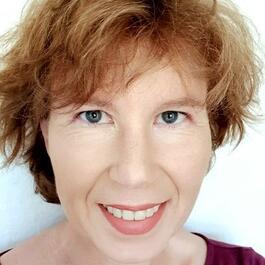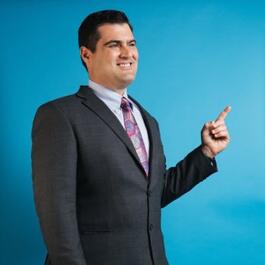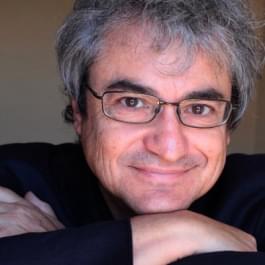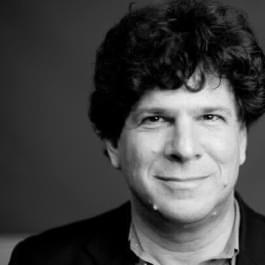Sabine Hossenfelder – Brian Keating
Sabine Hossenfelder is a theoretical physicist, an author, and a musician. Brian Keating is an astrophysicist, a physicist, and an interview host. We found 4 podcast interviews connecting Sabine Hossenfelder and Brian Keating.
Feel free to follow both profiles to receive their upcoming podcast interview appearances in your personal feed.
Episodes with Sabine Hossenfelder & Brian Keating
Sabine Hossenfelder Gets Existential Without the Gobbledygook
From renowned physicist and creator of the YouTube series “Science without the Gobbledygook,” a book that takes a no-nonsense approach to life’s biggest questions, and wrestles with what physics really says about the human condition Not only can we not currently explain the origin of the universe, it is questionable we
Part 2 of 2: Quantum Physics and The End of Reality with Sabine Hossenfelder, Carlo Rovelli, and Eric Weinstein hosted by Brian Keating for the Institute for Art and Ideas
We imagine physics is objective. But quantum physics found the act of human observation changes the outcome of experiment. Many scientists assume this central role of the observer is limited to just quantum physics. But is this an error? As Heisenberg puts it, "what we observe is not nature in itself but nature exposed
Part 1 of 2: Quantum Physics and The End of Reality with Sabine Hossenfelder, Carlo Rovelli, and Eric Weinstein hosted by Brian Keating for the Institute for Art and Ideas
We imagine physics is objective. But quantum physics found the act of human observation changes the outcome of experiment. Many scientists assume this central role of the observer is limited to just quantum physics. But is this an error? As Heisenberg puts it, "what we observe is not nature in itself but nature exposed
Sabine Hossenfelder has a PhD in physics and is presently a Research Fellow at the Frankfurt Institute for Advanced Studies (FIAS). Sabine works on physics beyond the standard model, phenomenological quantum gravity, and modifications of general relativity. Hossenfelder has also been researching since at least 2008 on



